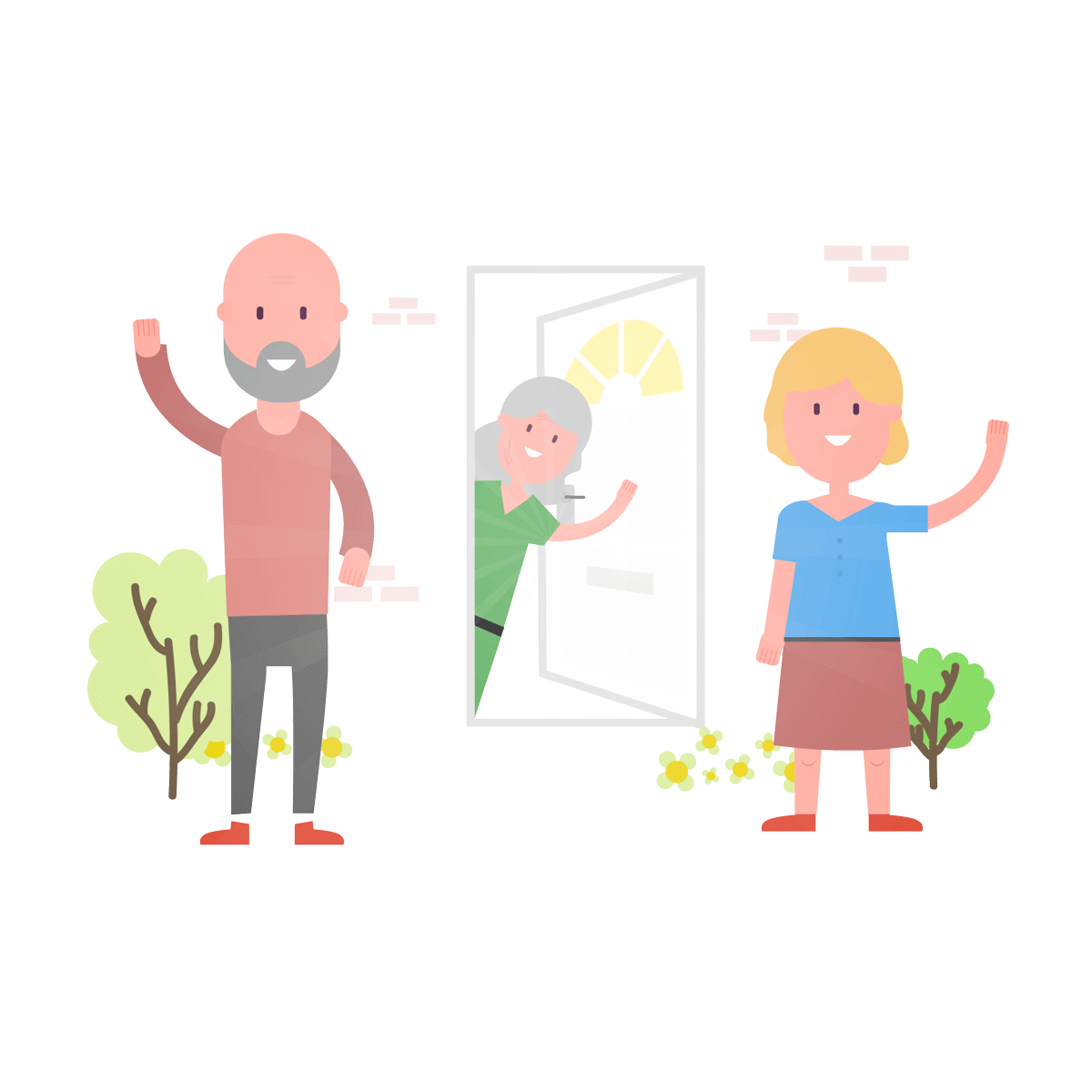


“An ideal culture is one that makes a place for every human gift.” Margaret Mead, cultural anthropologist
Culture is a big word which can mean many things to many different people. I could write a book on the subject. Many people with greater intellect and writing skills than I possess already have, so maybe I’ll leave that particular project on the shelf!
However, in its simplest form, culture manifests itself in how people behave in the communities in which they live, work and experience life. For example, I grew up in what I describe as a typical working class ‘scouse’ culture, I have worked in three major blue chip organisations that operate globally and I have travelled across most major continents. Each experience exposed me to new behaviours, new ways of thinking, new ways of listening and new ways of feeling. I feel very fortunate to have had such unique life experiences.
What I have learned from my experiences is that some of our cultural differences are tangible and visible, language for example, whilst others are subtle and evasive, such as how people think and feel. This is what makes the world so wonderfully diverse. Yet in organisational terms, these very things also make traditional management approaches archaic. Running a modern organisation on the basis of 20th century industrial management techniques is like trying to win a football game whilst operating to the rules of netball – crazy and doomed to failure.
At Evermore we recognise the need to build a wonderful employee experience for our people in order to create a wonderful experience for our customers. To do this, we consider some primary human drivers:
• To have our work respected and to be listened to;
• To be actively engaged with our customers and our colleagues;
• To develop and grow our personal capability every single day; and
• To be rewarded for the quality of the work we do.
Simple but deeply important human needs we all hold dear.
So why doesn’t this happen in the majority of organisations?
I believe it is because leaders of these businesses think back to front. They believe they need to focus their attention on developing new products, pricing them correctly, marketing them well and providing outstanding customer service. “This is the way we win” they scream, in their words and their actions. They dedicate their efforts to the mechanics of great businesses, without due consideration to how these outcomes are assured over time, geography and leadership tenure.
I also believe these are very important outcomes, but I have a fundamentally different view of how they are achieved. Great businesses are started by people who see opportunity yet sustained by building great cultures – the type that generate the sort of behaviours that attract customers to their products and services, attracts people to work in their empowering workplaces, and encourages everybody to do the right thing because you would never consider doing anything else. This is how great services are created and how businesses win – attracting great people to do great work that excites customers. Some call this soft and fluffy. I call this a 21st century reality.
Can traditionally led organisations change their culture? Of course, but it is an incredibly challenging, long term, uphill struggle. It’s like trying to stop smoking, changing your diet and abstaining from alcohol at the same time as planning your wedding and moving house. It can be done but you’ll need nerves of steel, the heart of a lion and an organisation that believes you are serious about it. The odds aren’t good.
At Evermore we aren’t changing our culture, we’re building one that will embed our 21st century view of organisational life to thrive long after our own tenure. This is great news for our people and great news for our customers.
John Handley, Evermore Business Culture Director
Follow John on Twitter @johnfh1964
By continuing to use the site, you agree to the use of cookies. more information
The cookie settings on this website are set to "allow cookies" to give you the best browsing experience possible. If you continue to use this website without changing your cookie settings or you click "Accept" below then you are consenting to this.